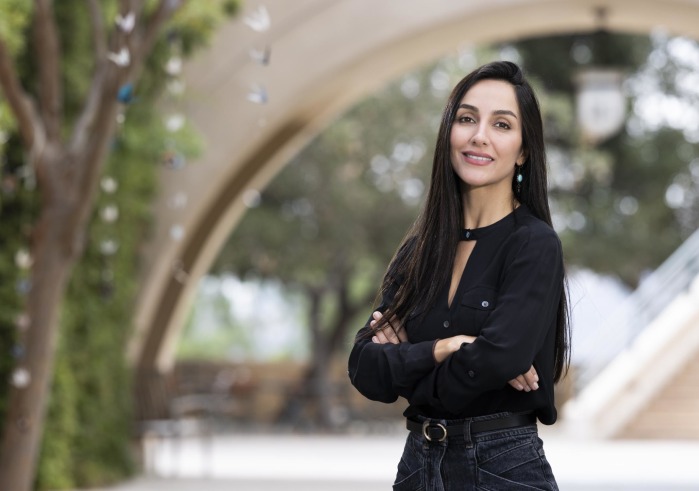Soka University of America Welcomes Anthropologist Foroogh Farhang to the Faculty

When displaced Syrians in Lebanon struggle to bury their loved ones with dignity, they reveal something profound about how communities endure amid displacement. That question sits at the heart of a current book project by Assistant Professor of Middle East and North African Studies Foroogh Farhang, who joined the SUA faculty this summer.
Based on 18 months of fieldwork with Syrians, Lebanese, and Palestinians in northern and eastern Lebanon, the project traces quests for proper burials to show how informal networks navigate and remake national and transnational systems of care, opening new ways of living, dying, and community-making. More broadly, Farhang’s scholarship examines how borders and bodies are governed amid rising global migration, bridging critical refugee studies, the anthropology of humanitarianism, and historical political economy.
Her research has received support from the National Science Foundation, Wenner-Gren Foundation, Max Weber Foundation, and the Buffett Institute for Global Affairs. She has also conducted fieldwork across regions of Iran, including Eastern Kurdistan, using long-term ethnography, in-depth interviews, media and document analysis, and archival research.
Before joining SUA, Farhang was an assistant professor of anthropology at the University of Vermont and a postdoctoral research associate at Brown University’s Watson Institute. She holds a Ph.D. in cultural anthropology and a graduate certificate in Middle East and North African studies from Northwestern University, as well as an M.A. in gender studies from Central European University in Budapest, Hungary.
Farhang’s teaching spans displacement; borders, mobility, and borderlands; revolutions and social movements; human rights and humanitarianism; introductions to cultural, political, and economic anthropology; and the Middle East.
“I’m looking forward to creating a space where students can engage directly with complex and often contentious issues, especially those related to the Middle East,” Farhang said. “By grounding our conversations in historical and ethical inquiry, we can transform opinions into informed perspectives — and let knowledge shape how we understand and navigate the world.”
